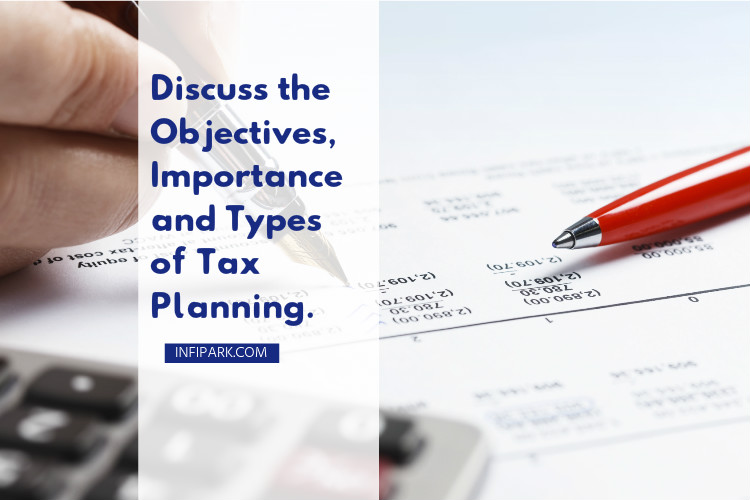Importance of Tax Planning
One cannot deny the fact that tax planning is important to curtail or reduce the tax liability. Tax planning is also important because of the following factors:
(i) Assessee can avail the benefit of relief, deductions, rebate upto the date of submission of return. These cannot be claimed at the time of appeal. As decided in the case “CIT V. Gurjargavures Ltd. (1972) 84 ITR 723” that if there is no tax planning and there are lapses on the part of the assessee, the benefit would be the least.
(ii) Tax planning exercise is more reliable since the Companies Law and other laws narrow down the scope for tax avoidance and tax evasion and driving the tax payers to a situation where the person will be free from all severe penal consequences.
(iii) In order to encourage the programmes of public interest and good for civilised society, the Government provides incentives in the tax laws. Hence, a planner has to be well versed with the law concerning incentives.
(iv) Because of progressive rate of tax to an individual and Hindu Undivided Family assessee is supposed to pay more tax, if income is increased and it necessitates the devotion of adequate time on tax planning.
(v) Tax planning enables companies to make proper expenses planning, capital budgeting planning, sales promotion planning etc. to reduce the tax planning specially during inflation.
(vi) Now-a-days when credit squeeze and dearmoney conditions, even a rupee of tax decently saved may be taken as an interest free loan from the Government, which perhaps, an assessee need not repay.
(vii) An organisation always requires repairs, renewals, modernisation and replacement of plants and machineries for continuous growth and to fight with competition. Any decisions of these kind would involve huge capital expenditure, in which is financed generally by ploughing back of profits, reserves. Availability of profits, reserves and surplus and claiming such expenses as revenue expenditure are possible through proper implementation of tan planning techniques.
Thus, any legitimate steps taken by assessee directed towards maximising tax benefits, keeping in view the intention of law, will not only help to assessee but also to society.










